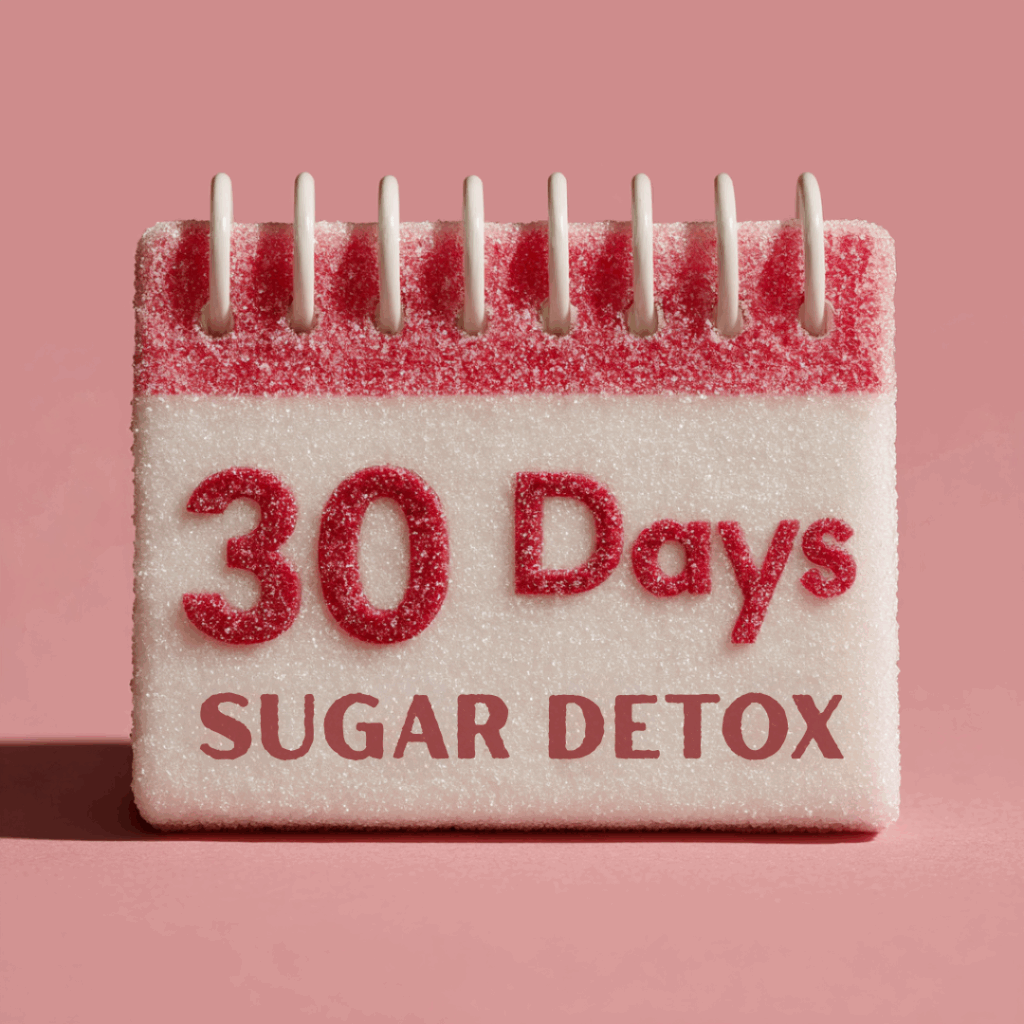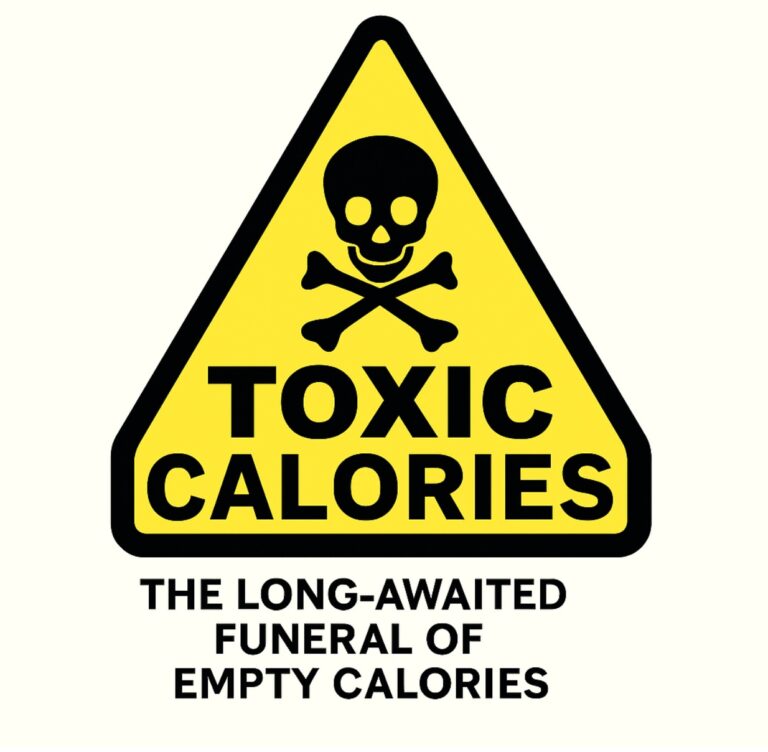By Mike, The SugarFreeMan
Founder of SugarDetox.com and the 30-Day Sugar Freedom Challenge

Featured Snippet Summary:
Night sweats can be a surprising side effect of sugar intake and withdrawal. For some people, even small amounts of sugar trigger intense physical reactions – from dopamine highs to sleep disturbances. Understanding this connection can help you take back control of your health.
I woke up last night with my shirt drenched in sweat. If you’ve ever experienced this, you know how frustrating it feels. You’re uncomfortable, wide awake, and wondering what’s wrong with your body. For me, the answer was clear: hidden sugar.
This article was review by Dr. Camela McGrath, MD, FACOG. Find more about her here
My Personal Wake-Up Call
I’ve been sugar-free for more than three decades, but every now and then, sugar sneaks in. It happened recently when I ordered lentil soup at a restaurant. I asked the right questions, but I didn’t speak with the head chef – my mistake. Within minutes, I knew. The buzz was unmistakable. Sugar had slipped into my system.
At first, I felt amazing. My brain lit up, my mood soared, and even the flowers on my walk home looked brighter. That’s the dopamine hit sugar delivers. But a few hours later came the crash: nodding off at my desk, irritability, and finally, the night sweats. I woke up drenched and starving – classic withdrawal symptoms.
Key takeaway: Night sweats can be your body’s way of telling you it’s reacting to sugar highs and crashes. It’s not just in your head – it’s biology.
Why Sugar Can Trigger Night Sweats
Most people think of sugar as harmless comfort food. The truth is, for about one-third of the population, sugar acts like a drug. Here’s why it can lead to night sweats:
- Dopamine surge and crash: Sugar floods the brain’s reward system, then leaves you depleted when it wears off.
- Blood sugar swings: Rapid spikes followed by drops in blood glucose can cause your body to overcompensate, leading to sweating, hunger, and restlessness.
- Withdrawal effects: Even if you haven’t fully quit, inconsistent sugar intake (a lot one day, less the next) can mimic withdrawal and trigger night sweats.

The CDC notes that blood sugar fluctuations are linked to sleep disruptions and other health problems. And Harvard Health confirms that added sugars wreak havoc on metabolism, weight, and mood.
What You Can Do
- Track your sugar intake for one week – notice if sweats, mood swings, or crashes line up with hidden sugar in your diet.
- Eat balanced meals (protein, fiber, healthy fats) to stabilize blood sugar.
- Stay hydrated and avoid caffeine late in the day, which can worsen sweats and sleep disturbances.
If you’re serious about breaking free, our 30-Day Sugar Detox Challenge will guide you through every step. You don’t have to guess anymore – we’ve done the work for you.
Is It Always Sugar?
Not necessarily. Night sweats can also come from other causes – hormonal changes, medications, or underlying medical conditions. Always rule those out with your healthcare provider. But if you notice the connection between sugar intake and sweating, pay attention. Your body is speaking loud and clear.
Truth: If sugar is causing symptoms, health issues, or weight gain you’re not happy with, it’s not just “a little treat.” It’s a sign your body is struggling with a dependency.
Why Quitting Sugar Feels Different for Everyone
Here’s the part most people don’t know: not everyone reacts to sugar the same way. Research and my own experience show that roughly two-thirds of people can moderate sugar without intense physical withdrawal. For them, the challenge is mostly emotional and behavioral.
But for the other one-third? Sugar lights up the brain like a drug, and stopping it can bring on real withdrawal symptoms: headaches, irritability, fatigue, and yes – night sweats.
Tips for Navigating Sugar Withdrawal
- Don’t panic: Night sweats during detox are uncomfortable but temporary.
- Stay consistent: Sugar highs and lows are worse when intake is inconsistent. Full detox is often easier than “just cutting back.”
- Build a support system: Quitting alone is hard. Community and accountability make the difference between relapse and success.
If you’ve been struggling with the roller coaster of cravings, energy crashes, and sleep disruption, you don’t have to do it alone. The 30-Day Sugar Detox Challenge is designed to walk you through it step by step – with daily actions, real community, and guidance from me personally.

Final Thoughts
If you’ve experienced night sweats and suspect sugar might be the culprit, know this: you’re not crazy, and you’re not weak. Your body is reacting to a powerful substance. Once you understand that, you can finally stop blaming yourself and start healing.
Don’t let sugar run your nights – or your life. There’s a better way forward.
About the Author
Mike Collins, known as “The SugarFreeMan,” has been sugar-free for over 35 years and is the founder of SugarDetox.com. He has helped tens of thousands of people break free from sugar addiction through his evidence-based approach combining nutritional science with practical behavior change strategies.
Medical Disclaimer
This article is for educational purposes only and is not intended to replace professional medical advice. Always consult with a healthcare provider before making significant dietary changes, especially if you have underlying health conditions.
FAQs
Can sugar really cause night sweats?
Yes. For some people, blood sugar spikes and crashes trigger sweating, restlessness, and disrupted sleep – especially at night.
How do I know if my night sweats are from sugar or something else?
Track your sugar intake. If sweats happen after hidden sugar (like sauces or soups), that’s a strong clue. Still, check with a doctor to rule out other causes.
Do all people experience sugar withdrawal symptoms?
No. Roughly one-third of people experience intense physical reactions (like night sweats, headaches, and fatigue), while others mainly face emotional or behavioral challenges.
How long do sugar withdrawal symptoms last?
Most people report symptoms for 5–10 days, with night sweats easing as the body stabilizes. Staying consistent accelerates recovery.
What helps reduce sugar-related night sweats?
Hydration, balanced meals, steady sleep, and full sugar detox (instead of cutting back inconsistently) can help regulate the body’s response.
Can quitting sugar improve sleep overall?
Yes. Many people find that eliminating sugar not only reduces night sweats but also improves sleep quality, mood, and energy levels.




